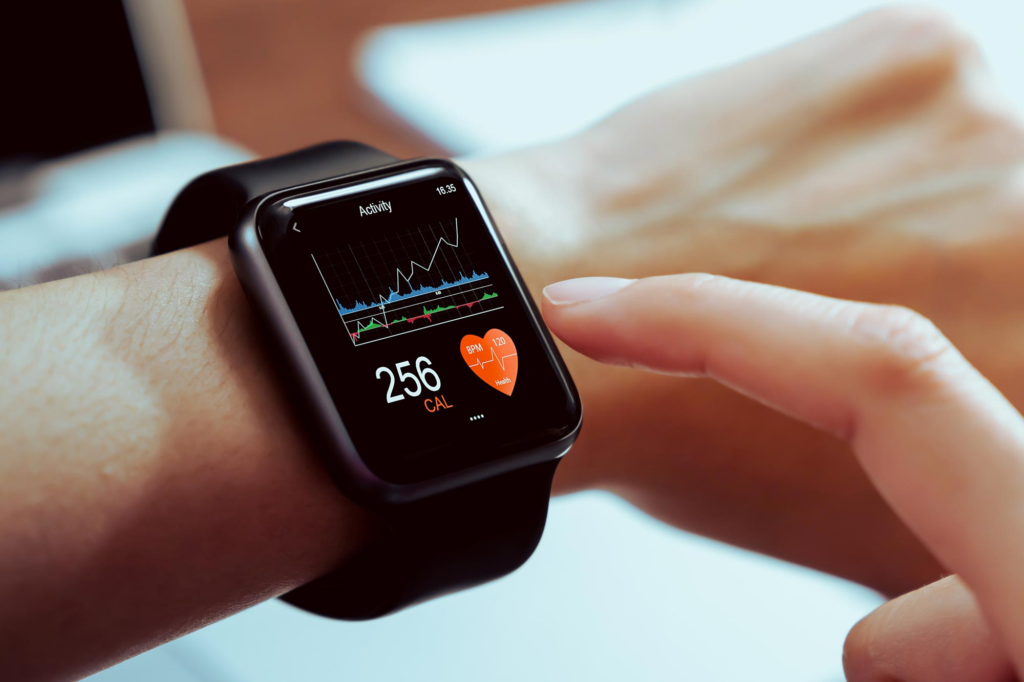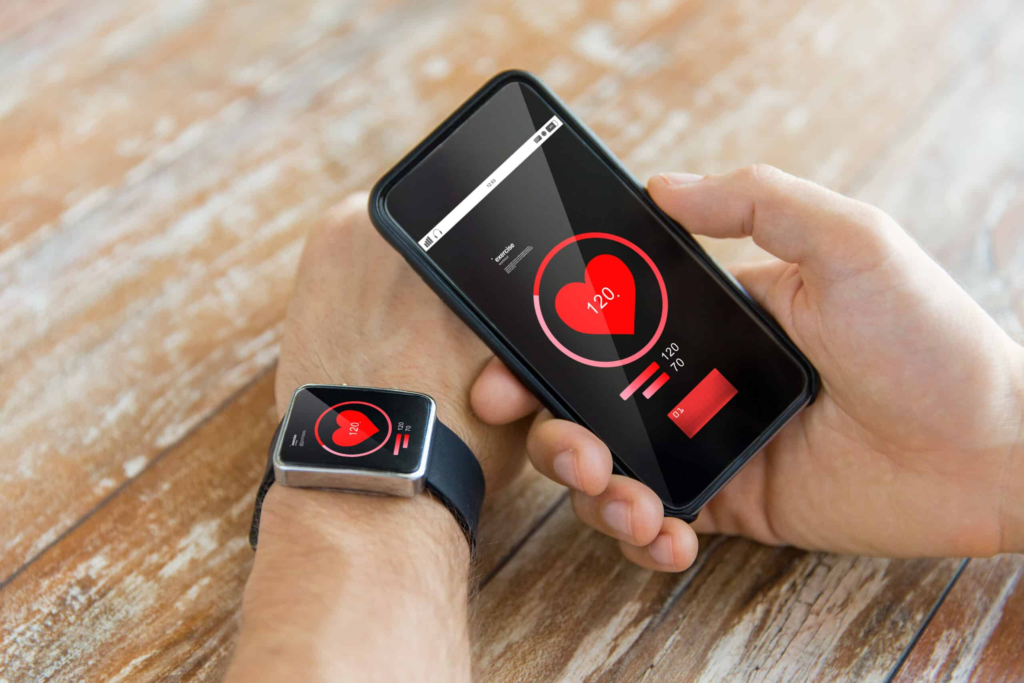In recent years, wearable tech has become an important part of daily life for millions around the world. Devices like smartwatches and fitness trackers are not just fashion accessories anymore—they have evolved into powerful tools that help people monitor their health easily and effectively. These gadgets track various health data points, helping users understand their bodies better and make informed lifestyle choices.
What Is Wearable Technology?
Wearable technology refers to electronic devices worn on the body, often as accessories like watches, bracelets, or bands. They collect data related to physical activity, vital signs, and even sleep patterns. Smartwatches and fitness trackers are the most common types of wearable tech used for health monitoring.

These devices use sensors to gather real-time information, which is then displayed on the device or synced to smartphones or cloud platforms for detailed analysis. The rise of wearable technology marks a significant shift in how people take control of their health.
How Smartwatches and Fitness Trackers Work
Smartwatches and fitness trackers contain a range of sensors such as accelerometers, heart rate monitors, gyroscopes, and sometimes even GPS. These sensors measure steps taken, calories burned, heart rate, distance traveled, and sleep quality.
Many devices also include advanced health features like blood oxygen level measurement, ECG monitoring, and stress tracking. The collected data is presented in easy-to-understand charts and notifications that help users stay motivated and aware of their physical condition.
The convenience of these devices means users can continuously monitor their health without visiting a doctor regularly. This makes early detection of health issues more possible.
Benefits of Using Wearable Technology for Health Monitoring
One of the biggest advantages of using smartwatches and fitness trackers is the ability to track your health anytime, anywhere. Here are some benefits:
- Improved Fitness Tracking: Wearable devices count steps, track workouts, and measure calories burned. This helps users set goals and monitor progress over time.
- Heart Health Monitoring: Continuous heart rate tracking can alert users to irregular heartbeats or unusually high or low rates, prompting timely medical consultation. You can learn more about heart monitoring features here.
- Sleep Quality Analysis: Many wearables analyze sleep stages, helping users understand their sleep patterns and improve rest quality.
- Motivation and Accountability: Daily reminders and progress reports encourage users to stay active and maintain healthy habits.
- Chronic Disease Management: People with conditions like diabetes or hypertension can use wearable data to better manage their health and share relevant information with doctors.
- Emergency Alerts: Some smartwatches can detect falls or abnormal heart rates and automatically send emergency alerts to family members or medical services.
Popular Brands and Their Features
Leading tech companies are continuously innovating to provide better health monitoring features in their wearable devices. Some popular brands include:
- Apple Watch: Known for its advanced ECG, blood oxygen monitoring, and integration with iOS health apps. Find out more on the Apple Watch official page.
- Fitbit: Offers detailed fitness tracking, sleep analysis, and personalized coaching. Visit Fitbit Health Solutions for details.
- Samsung Galaxy Watch: Combines fitness tracking with smart features and compatibility with Android devices. Learn more at Samsung Galaxy Watch.
- Garmin: Focuses on sports and outdoor activity tracking, suitable for serious athletes.
- Xiaomi Mi Band: Affordable option with essential health monitoring features.
Choosing the right wearable depends on personal needs, budget, and device compatibility with smartphones.
The Growing Role of Wearable Technology in Healthcare
Wearable devices are transforming healthcare by providing continuous, real-time health data. Doctors and healthcare providers can use this information to monitor patients remotely, reducing the need for frequent hospital visits.

Wearables also contribute to preventive healthcare by alerting users to early signs of health problems. This proactive approach helps reduce healthcare costs and improves overall wellness.
Additionally, the data collected from millions of users can support medical research and help develop better treatments and health policies.
Challenges and Privacy Concerns
While wearable technology offers many benefits, there are also some challenges to consider:
- Data Privacy: Health data is sensitive, and users must be aware of how their data is stored, shared, and protected by device manufacturers.
- Accuracy Issues: Not all devices provide medical-grade accuracy, so wearable data should complement, not replace, professional medical advice. For a better understanding, check this Mayo Clinic guide on fitness trackers.
- Battery Life: Frequent charging can be inconvenient for some users.
- Cost: High-end devices can be expensive, limiting access for some people.
Users should choose devices carefully and review privacy policies before use.
Future Trends in Wearable Health Technology
The future of wearable technology looks promising with innovations like:
- Improved Sensors: More accurate and diverse health monitoring sensors will be integrated.
- AI and Machine Learning: Devices will use AI to provide personalized health insights and early warnings.
- Integration with Telemedicine: Wearables will seamlessly connect with doctors and healthcare apps for real-time consultations.
- New Form Factors: Wearable tech will expand beyond watches to smart clothing and implantables.
- Longer Battery Life: Advances in battery technology will increase device usage time.
These developments will make wearable technology even more useful for health management.
Conclusion
Wearable technology, especially smartwatches and fitness trackers, has become a vital tool for monitoring health data. These devices help users take control of their fitness, detect health problems early, and stay motivated toward healthier lifestyles. As technology continues to advance, wearable devices will play an even bigger role in personal and public health.
For anyone looking to improve their health awareness, investing in a smartwatch or fitness tracker is a smart step toward a healthier future.
Also Read – This New Meta AI Chatbot Feature Will Blow Your Mind






